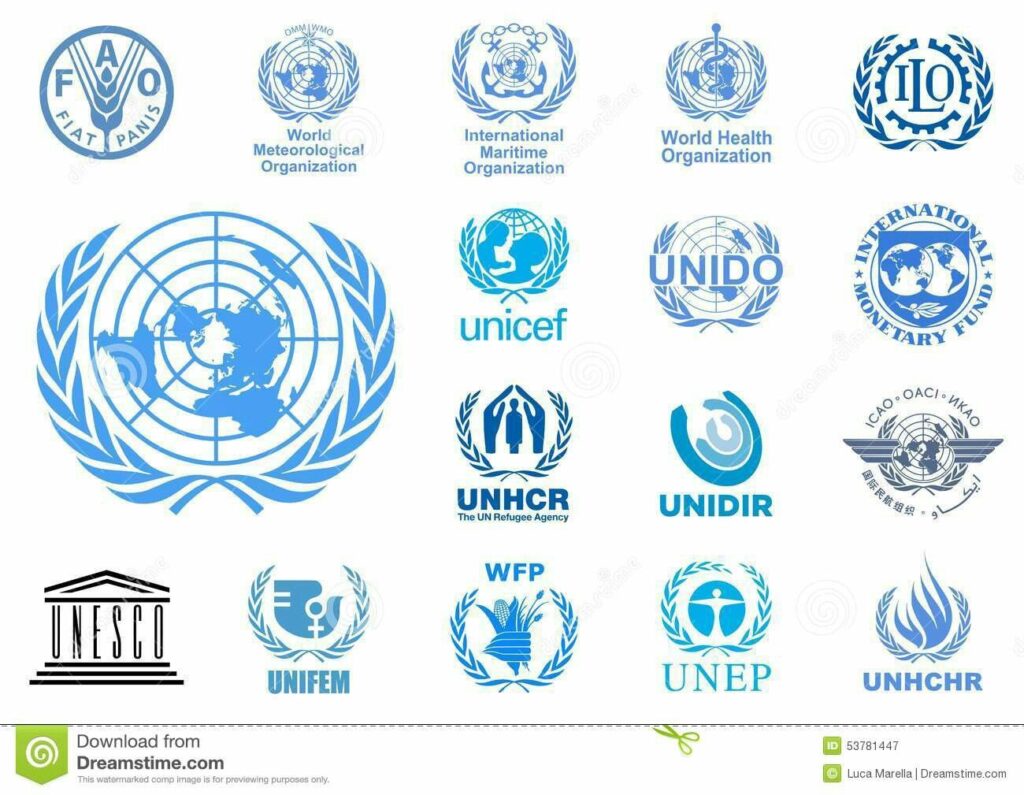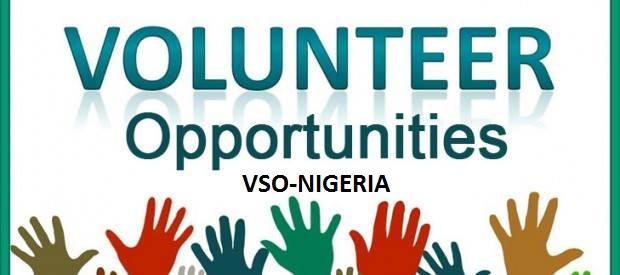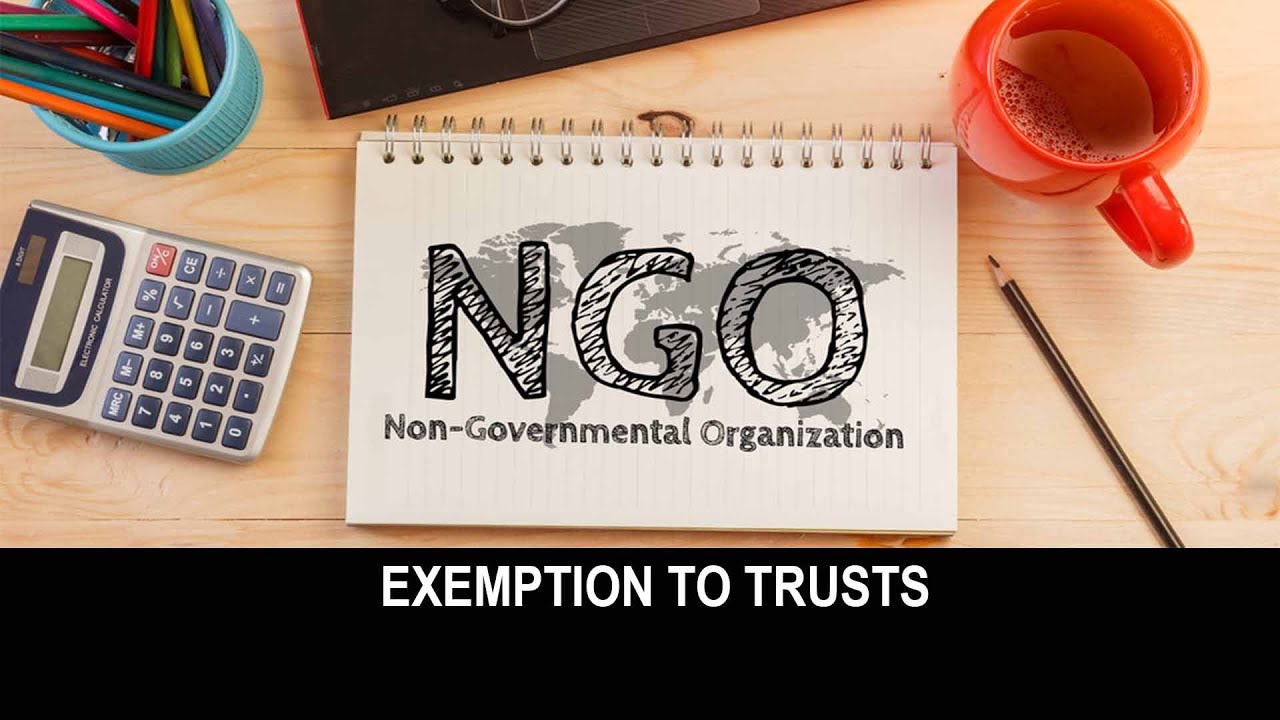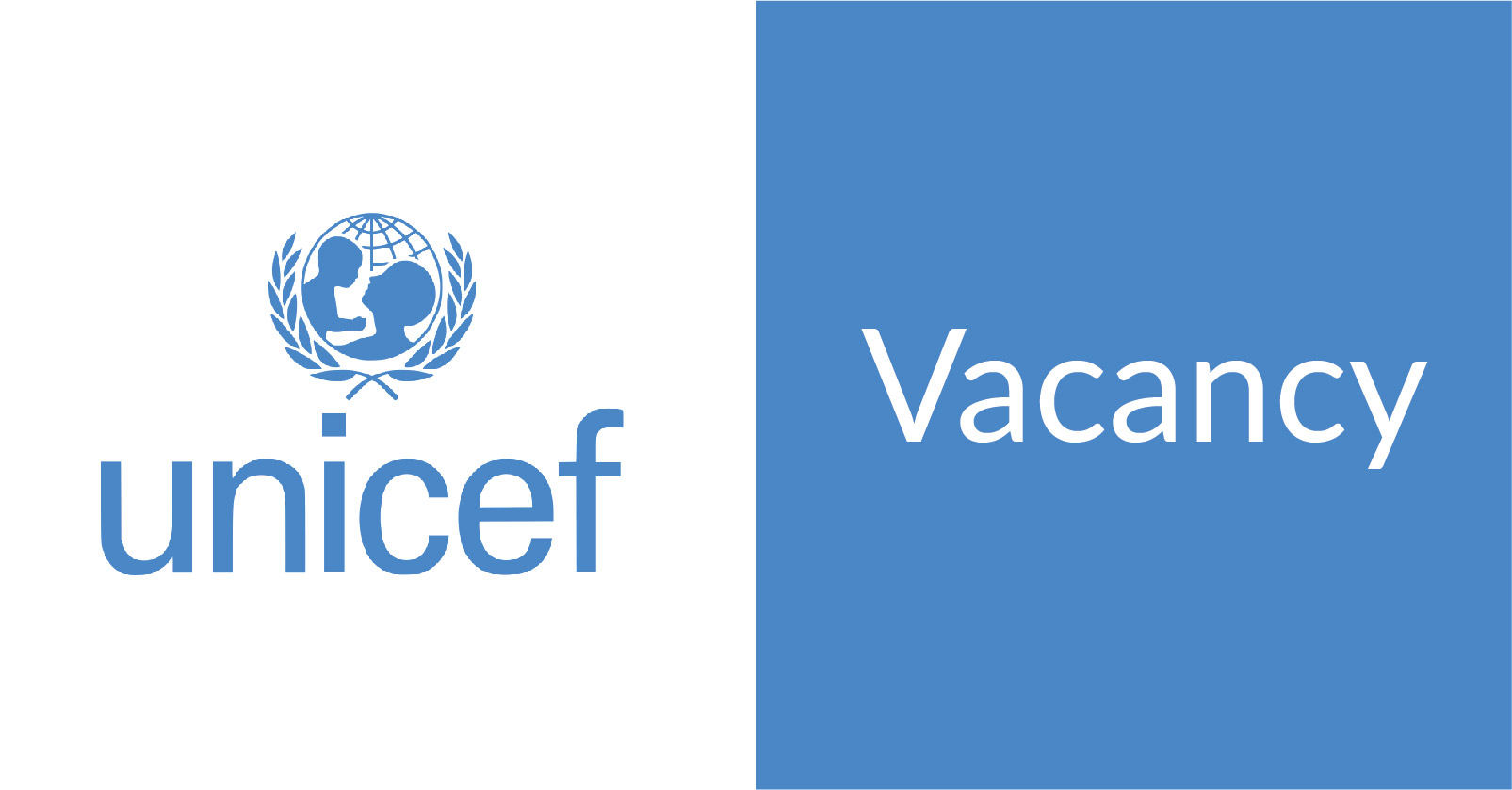
Introduction
UN and WHO jobs in Nigeria 2025 .Nigeria continues to attract global attention as a strategic hub for international development work in Africa. Two of the most influential international organizations—the United Nations (UN) and the World Health Organization (WHO)—remain at the forefront of humanitarian, development, health, and governance projects across the country. For professionals looking to make an impact while building an international career, UN and WHO jobs in Nigeria offer some of the most rewarding and respected roles in the development sector offer jobs opportunities for Nigeria.
This article is a comprehensive guide to understanding the types of UN and WHO jobs opportunities available in Nigeria in 2025, eligibility criteria, how to apply, benefits, and tips to improve your chances of selection for UN and WHO jobs in Nigeria.
Why Work With the UN or WHO in Nigeria?
1. Global Recognition and Prestige
Working for the UN or WHO provides you with internationally recognized credentials. It enhances your resume and professional standing within the global development, humanitarian, and public health sectors.
2. Impactful Work
Whether it’s supporting vulnerable populations, improving health systems, or advancing human rights, jobs at these institutions are purpose-driven and impactful.
3. Professional Development
Both organizations offer structured learning, international mobility, and leadership development programs for staff.
4. Diverse Work Environment
You’ll work alongside global experts from diverse cultural and professional backgrounds, exposing you to new ideas and career perspectives.
Key UN Agencies Hiring in Nigeria in 2025
Several UN agencies are active in Nigeria and post regular job openings. Here are the most prominent ones:
1. United Nations Development Programme (UNDP)
Focuses on sustainable development, governance, and crisis prevention.
2. United Nations Children’s Fund (UNICEF)
Supports children’s rights, education, health, and nutrition.
3. World Food Programme (WFP)
Provides emergency food assistance and nutrition support.
4. United Nations High Commissioner for Refugees (UNHCR)
Offers protection and support for displaced people.
5. United Nations Office for the Coordination of Humanitarian Affairs (OCHA)
Coordinates emergency response and humanitarian aid.
6. United Nations Population Fund (UNFPA)
Works on reproductive health and population dynamics.
WHO in Nigeria: A Strong Partner in Health
The World Health Organization (WHO) is a specialized UN agency leading efforts to strengthen Nigeria’s health sector, especially in areas such as:
- Infectious disease control (e.g., malaria, polio, Lassa fever)
- Maternal and child health
- Health systems development
- Pandemic preparedness
- Immunization campaigns
In 2025, WHO continues to work closely with the Nigerian Ministry of Health to achieve universal health coverage and reduce disease burden across the country.
Types of UN and WHO Jobs Available in Nigeria
1. Professional Positions (P-levels)
These require specialized experience and academic qualifications. Common roles include:
- Programme Officer
- Public Health Specialist
- Monitoring and Evaluation Officer
- Policy Analyst
- Governance Advisor
2. General Service Positions (G-levels)
Support roles that require less experience than P-levels. Examples:
- Administrative Assistant
- Finance Clerk
- Procurement Assistant
- ICT Support Staff
3. National Professional Officers (NO-levels)
Open to Nigerian nationals with extensive knowledge of the local context. Roles include:
- Health Officer (Immunization, Surveillance, Nutrition)
- Legal or Political Affairs Officer
- Education and Child Protection Specialists
4. Internships and Volunteer Programs
Ideal for students and early-career professionals. These provide hands-on experience and a gateway to permanent employment.
Eligibility Requirements
To qualify for jobs at the UN or WHO in Nigeria, applicants must meet specific criteria:
Academic Qualifications
- A minimum of a Bachelor’s degree is required for most positions. For P-level and NO-level jobs, a Master’s degree in relevant fields (e.g., Public Health, International Relations, Law, Social Sciences, Development Studies) is often required.
Work Experience
- 2–7 years of relevant experience depending on the level of the position.
- International work experience is a strong asset, especially for P-level roles.
Language Proficiency
- Fluency in English is mandatory.
- Knowledge of French or other UN languages is an advantage.
Nationality
- NO-level jobs are open only to Nigerian citizens.
- P-level jobs are open internationally.
Technical Skills
- Proficiency in MS Office Suite, data analysis tools, project management software, and online collaboration platforms.
How to Apply for UN and WHO Jobs in Nigeria (Step-by-Step)
Step 1: Visit the Official Careers Portals
Step 2: Search for Nigeria-Based Jobs
Use filters such as “Nigeria” in the location field to narrow down your search.
Step 3: Create an Online Profile
Set up your profile and upload the required documents:
- CV/resume (tailored to the specific role)
- Cover letter
- Academic certificates
- References
Step 4: Apply
Click on the job listing and submit your application before the deadline. Make sure your qualifications and experience align with the job description.
Step 5: Prepare for Online Assessment or Interview
If shortlisted, you may be invited for a written test, technical assessment, or virtual interview.
Where UN and WHO Jobs Are Located in Nigeria
Most jobs are based in Abuja, the Federal Capital Territory. However, field positions may be available in:
- Maiduguri (for humanitarian and emergency response)
- Lagos (for logistical and coordination roles)
- Bauchi, Kano, and Sokoto (for health-related programs)
- Other conflict-affected or development-priority states
Salary and Benefits
While the exact compensation depends on job grade and function, here are typical benefits of working with the UN or WHO:
- Competitive tax-free salaries (especially for international staff)
- Health insurance
- Pension contributions
- Relocation support
- Education grants (for staff with children)
- 30+ days of annual leave
- Training and professional development
Current UN and WHO Job Openings in Nigeria (August 2025 Sample)
| Job Title | Organization | Location | Application Deadline | Apply Link |
|---|---|---|---|---|
| Public Health Officer (NO-B) | WHO | Abuja | August 15, 2025 | Apply Here |
| Programme Officer, Child Protection | UNICEF | Maiduguri | August 20, 2025 | Apply Here |
| Procurement Assistant (G-5) | UNDP | Lagos | August 10, 2025 | Apply Here |
| Monitoring & Evaluation Specialist (P-3) | WHO | Abuja | August 18, 2025 | Apply Here |
Note: Visit official websites to confirm openings and deadlines.
Tips to Increase Your Chances of Getting Hired
- Tailor Your Resume
Customize your CV for each role, using relevant keywords from the job description. - Highlight Relevant Experience
Focus on results, responsibilities, and impact in similar roles—especially in development, humanitarian, or public health settings. - Demonstrate Soft Skills
Emphasize communication, leadership, cultural sensitivity, and adaptability. - Apply Early
Most UN/WHO positions close applications within 2–3 weeks of posting. - Consider UN Volunteers
If you’re starting out, apply to become a UN Volunteer (https://www.unv.org). Many full-time UN professionals started this way. - Stay Updated
Subscribe to job alerts from ReliefWeb, UNJobs, and individual UN agency websites.
Frequently Asked Questions (FAQs)
1. Can Nigerians apply for international UN or WHO positions?
Yes, as long as they meet the job’s qualifications and language requirements. International P-level positions are open globally.
2. Is experience in the NGO sector useful for UN jobs?
Absolutely. Most UN jobs require prior experience in development, humanitarian, or NGO work.
3. Are internships at the WHO and the UN paid?
Yes, many internships are now paid, though the amount and benefits vary by agency and location.
4. Can fresh graduates apply?
Yes, for internships, UN Volunteers, and entry-level General Service positions. However, most full-time positions require 2+ years of experience.
Conclusion
UN and WHO jobs in Nigeria in 2025 present a rare combination of purpose, prestige, and professional growth. Whether you are a health professional, development expert, policy analyst, or admin specialist, there’s a role for you in these organizations the UN and WHO jobs in Nigeria are the right place for the preparation, qualifications, and persistence, you can build a meaningful career that contributes to the greater good, while also benefiting from world-class compensation and training that can sharp your future.
If you’re passionate about making a difference for jobs in Nigeria 2025, UN and WHO offers jobs in the development and health sectors, now is the time to start your journey with the UN or WHO.
Related content: Current NGO vacancies in Nigeria





